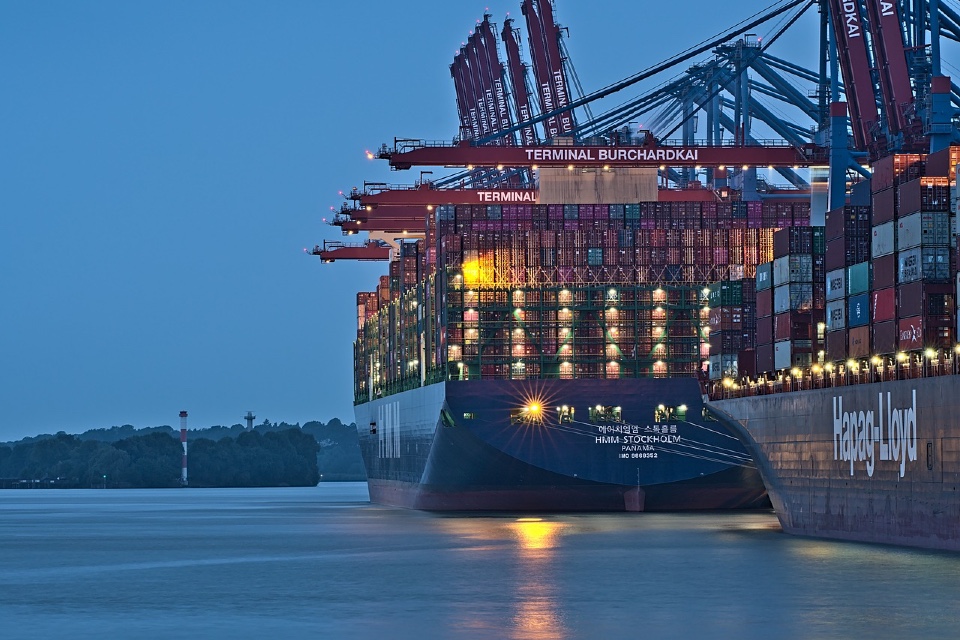The supply chain domain, particularly logistics planning, has always been fraught with complexities and uncertainties. From fluctuating demand to unforeseen disruptions, supply chain professionals grapple with a myriad of challenges daily. However, the integration of Artificial Intelligence (AI) into logistics is providing them with the tools to navigate this intricate landscape more efficiently and effectively. Here’s how AI is revolutionising logistics planning…
- Demand Forecasting:
- Function: AI algorithms, by analysing historical data, market trends, and even external factors like weather or local events, can predict demand with higher accuracy.
- Benefit: Accurate demand forecasting allows supply chain professionals to optimise inventory levels, reduce carrying costs, and ensure timely fulfilment of orders.
- Route Optimisation:
- Function: AI can process vast datasets related to traffic patterns, weather conditions, and roadwork disruptions to determine the most efficient routes for shipments.
- Benefit: This results in faster delivery times, reduced fuel consumption, and lower operational costs.
- Dynamic Pricing in Freight:
- Function: AI tools can adjust freight pricing in real-time based on various factors, including demand and capacity, fuel prices, and competitor rates.
- Benefit: Dynamic pricing ensures that transportation costs are always optimised, leading to cost savings and enhanced profitability.
- Predictive Maintenance:
- Function: AI can predict when machinery, vehicles, or equipment are likely to fail by analysing usage data and identifying patterns leading up to past breakdowns.
- Benefit: Predictive maintenance reduces downtime, extends the lifespan of equipment, and ensures smooth operations.
- Automated Customer Service:
- Function: AI-powered chatbots and virtual assistants can provide real-time updates on shipments, answer queries, and even process claims, all without human intervention.
- Benefit: This enhances the customer experience and frees up human resources for more strategic tasks.
- Supplier Relationship Management:
- Function: AI systems can analyse supplier performance data to identify which suppliers are consistently meeting criteria and which may need re-evaluation.
- Benefit: This ensures that the supply chain is backed by reliable partners, reducing the risk of disruptions.
- Warehouse Management:
- Function: AI-driven robots and systems can automate tasks such as picking, packing, and restocking. These systems can also predict which products will be in demand, optimising warehouse layout accordingly.
- Benefit: Automation increases warehouse efficiency, reduces errors, and ensures that products are always available for dispatch.
- Risk Management:
- Function: By analysing global events, market shifts, and historical disruptions, AI can forecast potential risks to the supply chain.
- Benefit: Advanced warning allows professionals to implement contingency plans, ensuring the continuous flow of goods.
As AI continues to evolve, its role in streamlining and enhancing logistics planning becomes more pronounced. Supply chain professionals leveraging AI are better equipped to navigate the complexities of their domain, ensuring that goods move efficiently, cost-effectively, and punctually from origin to destination. The result is a more resilient, agile, and responsive supply chain, ready to meet the demands of today’s fast-paced world.
Learn more about how AI is impacting supply chain logistics at the Total Supply Chain Summit.
Image by Kevin Schwarz from Pixabay







